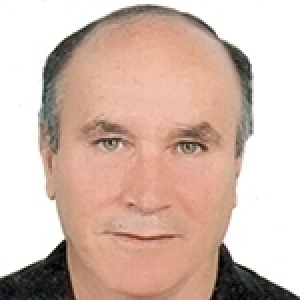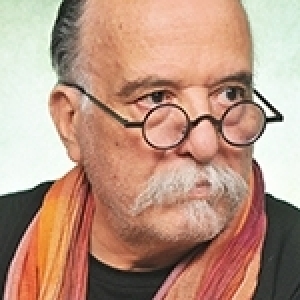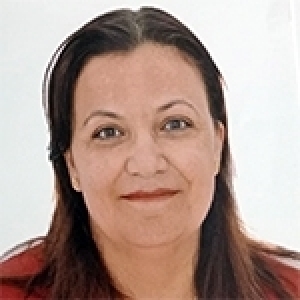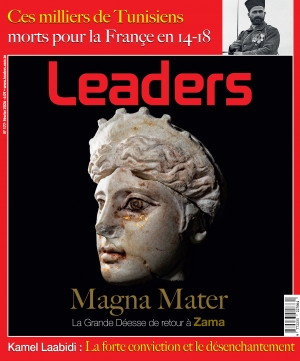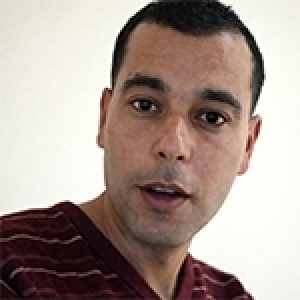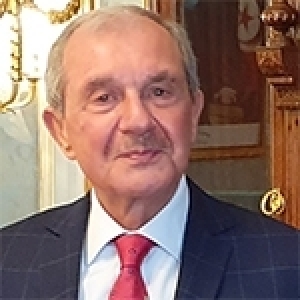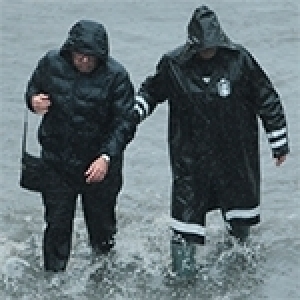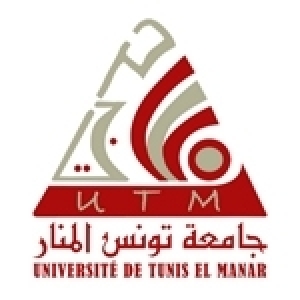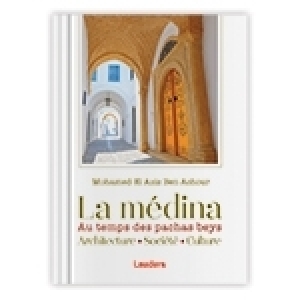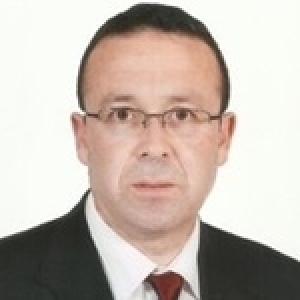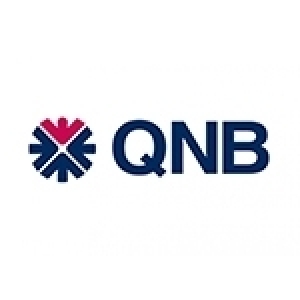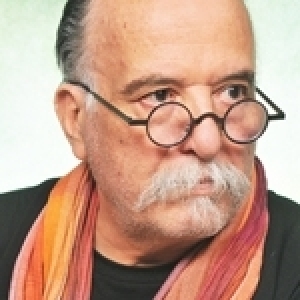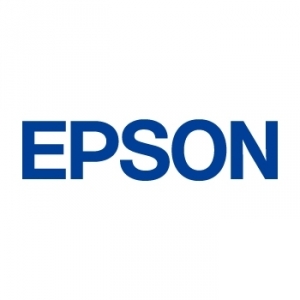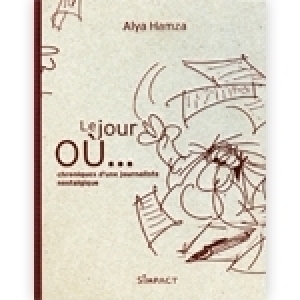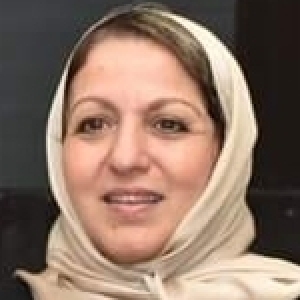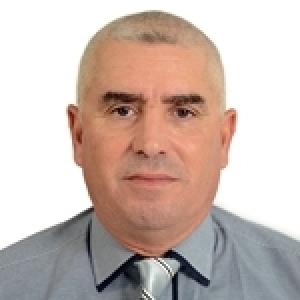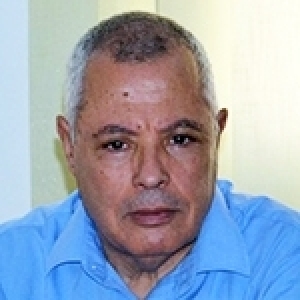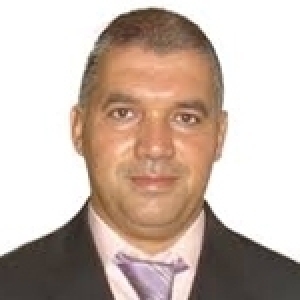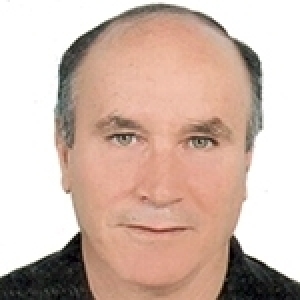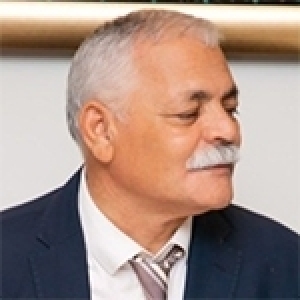Tunisia's needs in terms of investments are no more than 30 billion US dollars on the next coming ten years
Tunisia has been the first country kindling the Arab Spring movement. Three years later, we are on the way to democracy and political stabilization, but this way has been hard and remains tenuous and uncertain.
I would like to give you my own opinion on why this way is still long and uncertain, why have we had lost a precious time from 2011 till now and how can we make, together, the road, shorter and safer.
First of all, let us understand the reasons behind our Revolution. Three main requests lie behind Tunisia's population uprising in 2010 and 2011:
- First, the quest for freedom of speech, including freedom of association, freedom of conscience, freedom of thought and freedom of expression,
- Second, the quest for better social conditions. Populations had access to these images coming from the sky and could no more accept all the discriminations they were facing daily. They could no more accept a poverty level of 15% or more! an illiteracy level of 19%, even if these rates are considered the lowest in the Arab region,
- Third, the quest for more economic opportunities. People and mainly youth and the educated ones among them, were legitimately looking for good jobs, in adequacy with their education and in line with their aspirations.
These political, social and economic reasons were the three main engines that triggered our revolution.
From that time till now, we had made an impressive progress on the political perspective. Freedom of expression improved remarkably. Censorship regressed in all areas, including the use of internet, media, newspapers, giving a real meaning to the expression that dubbed the Tunisian Revolution ‘Jasmine Revolution’.
In the same time and after long hesitations, strong fighting and hard discussions, we promulgated a new Constitution, considered probably among the most open and modern constitutions in the Arab world, preserving women rights, recognizing freedom of conscience and universal human rights.
All this progress was neither natural nor acquired from the beginning. It was the result of strong opposition between open minded, modernist and secularist wing on the one hand and conservatives and fundamentalists on the other. These arbitrations translated in the Constitution the Tunisian identity, a delicate mixture of culture, modernity and openness.
On the two other quests, for better social conditions and more economic opportunities, nothing has been done yet. The situation has even worsened with deepening of unemployment and deterioration of purchasing power mainly of the middle class.
Today, we have to deal with these threats. We have, in the same time, to fight economic and financial imbalances but also to give hope to those who have been ignored and marginalized for decades. We have to find the way to create more effective jobs and to extend and renew our infrastructure networks to give more competitiveness to our firms and to our territories.
Tunisia has the advantage to be a small country with high number of educated young people and open minded population. Its needs are in accordance with its size. Tunisia’s needs in terms of investments are no more than 30 billion US dollars on the next coming ten years to emerge and give to all its citizens, access to dignity through good jobs.
This would make Tunisia an effective demonstration of the feasibility of democracy in an Arab country and that Islam is compatible with Universal Human Rights.
This can prevent desperate refugees from fleeing from and through North Africa to Europe and can help make the Mediterranean basin a region of peace and shared prosperity.
The modesty of the figures needed by Tunisia make the exercise doable for all those who share respect for democracy and human rights and America has always been a leading country defending such principles.
Radhi Meddeb
(*) Intervention de Radhi Meddeb, à Washington, le 2 avril 2014, à l’US American Cahmber of Commerce, lors du Forum d’Affaires tuniso-américain, sous la présidence du Chef du Gouvernement Mehdi Jomaa
- Ecrire un commentaire
- Commenter

Dear Radhi Meddeb , America likes accuracy : How did you proceed to name the USD 30 billion need ? Who will receive the money : Government? Corporates? Banking system ? NGOs ? To achieve what, exactly ? America doesn't believe money could create jobs (ridiculous French thinking), but hard job only creates money.

Dear Mr. Barack, I have 2 questions for you: 1. how "hard" have you worked to "print" 800 USD billions needed in 2008 in order to help the US economy ? 2. To whom have you given that money ? We, in Tunisia are eager to lern from your experience !

Mr Meddeb emphasizes :”this would make Tunisia an effective demonstration of the feasibility of democracy in an Arab country and that Islam is compatible with Universal Human Rights.”.This is just a wish as far as the speaker didn’t mention tangible examples to reach such goals. (Recall)The American Revolution was coupled with a political and economical shift boosting the hole spiritual and material system. In Tunisia the flow - I rather think is taking the direction of involution than revolution. Politicians are seeking stabilization at any coast mortgaging the future of forthcoming generations .For what purpose? It is said to “Achieve democracy” and make Islam compatible with universal human right-Error .These goals don’t need only money to be reached; but also a mind set change capitalizing on work value and self confidence. And this tiny Tunisia -by size- has the human and natural potentialities to accomplish as above-It seems nevertheless necessary to pay attention to the crucial question of illiteracy among Tunisians electors ( more than one million vs three point five m), a trick where political islam would pick votes retransforming into a mirage democracy and universal human rights.(e.i Turkey ,Iran,Soudan…)

